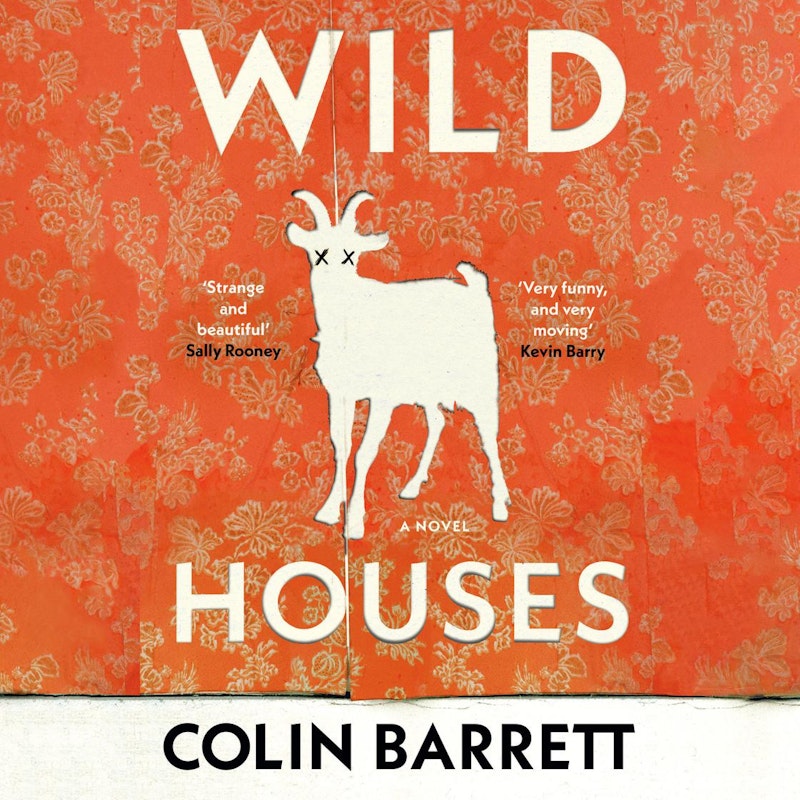I’ve no idea what the office culture at The Atlantic is—probably stultifying, since it’s located in D.C.—but judging by the scattered number of stories I read there, there’s a lot of thumb-twiddling taking place. No shame in clicking on a clickbait entry, though, especially if the come-on whacks your funny bone—in this case, the literary world. (“Clickbait,” I think, isn’t so different from online gambling: a media outlet gambles—maybe like Shohei!—that enough people will hit the magic button and digital advertising will follow: the reader almost always loses, at least intellectually.)
“The Great American Novels” was the headline for a March 14th survey—the arbiters were “experts, scholars, critics and novelists,” all of whom must’ve been thumb-twiddling as well. There’s a grand opening paragraph citing John William DeForest as coining the term “The Great American Novel” (which ran out of steam, at least for me, when I heard the pedestrian joke, “Are you writing The Great American Novel” for the 500th time by 1971)—I’d never heard of the guy—in 1868, and then this comment: “In 2024, our definition of literary greatness is wider, deeper, and weirder than DeForest likely imagined… At the same time, the novel is also under threat, as the forces of anti-intellectualism and authoritarianism seek to ban books and curtail freedom of expression.” I don’t know about that: DeForest is dead, and there was plenty of fiction deemed “weird” three years after the Civil War ended.
Tastes vary, but I can’t argue with the inclusion of The Great Gatsby, An American Tragedy, A Farewell to Arms, The Sound and the Fury, The Day of the Locust, Native Son, All The King’s Men and Play It As it Lays, to name several acclaimed titles that I read a long time ago and still like. It’s in relatively modern times that I quibble with the list: I don’t care for Stephen King, Toni Morrison, Judy Blume (!), Jonathan Franzen, American Psycho, and never even cracked Infinite Jest. Anne Tyler’s completely snubbed, which is odd, as is Alice McDermott and Richard Russo, and maybe their absorbing and precise prose wasn’t “weird” or “deep” enough for The Atlantic’s august and “parlor-game” committee that was killing time until the Domino’s arrived. How Tyler’s The Accidental Tourist is excluded, for example, and Franzen’s The Corrections makes the cut is strange, but then again, list-making (still, I believe, a surefire internet success) is an okay time-killing exercise, the results of which could be entirely different if the same “experts” were polled a week later.
And it matters little. For example, and I’m not sure how it happened, I read four of Canadian Shari Lapena’s mystery novels and remember almost nothing about them, even the titles, save Not A Happy Family, which is atop a Louvin Brothers CD on my floor. Lapena’s a best-selling, mass-marketed author, which isn’t surprising (and if her numbers are believable, at least some people are reading, which is a line-drive single in this era) since “airport” or “beach” reads are always popular, even if the prose is studded with clichés, and the regrettable modern internet-infused lexicon. I whipped through the books and wasn’t at all put off: her books are the equivalent of a mid-run Law & Order episode, and though the conclusions, after the murderer is revealed, are hokey, what the hell, that’s in the bargain. I have no recommendations to offer, not for fear of embarrassment—as a former print whore, I used to read (or skim) GQ, The Nation, Talk, and George, after all—only because I’d guess there are a dozen Lapenas churning out “content” and you pick and choose. Or not.
Climbing the Ladder of Seriousness several steps, last week I read the Irish writer Colin Barrett’s first novel—his 2022 collection of stories, Homesickness was first-rate, even if it didn’t have the sales pull of a Lapena whodunit—Wild Houses, and it was a rib-tickling, and sobering, story about a dozen or so characters and the events of several days in Ballina, County Mayo. Just one of Barrett’s strengths is that he doesn’t succumb to the aforementioned internet-speak: no one in Wild Houses has to “wrap their head around” an unexpected occurrence; people are worried, not “deeply worried,” and no one asks, “Is heroin still a thing?”
The plot boiled down: teenager Doll English (short for Donal) is kidnapped by Gabe and Sketch Ferdia, brought to the home of sad-sack Dev Hendrick, where he’s held for ransom in a violent ploy to get Doll’s nasty older brother Cillian to pay off a debt from a drug deal gone haywire. Doll’s 17-year-old girlfriend Nicky—soon off to college, eager to escape nowhere Ballina, upon which she may or may not ditch Doll—is the smartest of the bunch, and she sets about trying settle the mess. The comedy’s in the witty dialogue, while the surefire tragedy concerns the immense, always panic-stricken Dev, whose beloved mother recently died.
Dev’s incapable of action or making a decision. He was bullied as a student, despite his size, and this bit from Barrett is poignant: “There was a logic to bullying, which Dev, in his absolute capitulation, was thwarting; what bullies really got off on was stoking up and then emphatically extinguishing a victim’s will, teasing a certain amount of resilience out of a victim the better to trample that resilience to pieces… Because he did not fight back, beating on Dev was easy it was pleasureless, and so pleasureless it became futile.”
Dev’s the opposite of Boo Radley, and his premature demise appears inevitable. But perhaps not. It’s unlikely, but if Barrett revisits this crew in a future short story, which I hope he does, maybe the fates of Dev, Nicky and Doll will play out in an expected way.
—Follow Russ Smith on Twitter: @MUGGER2023

